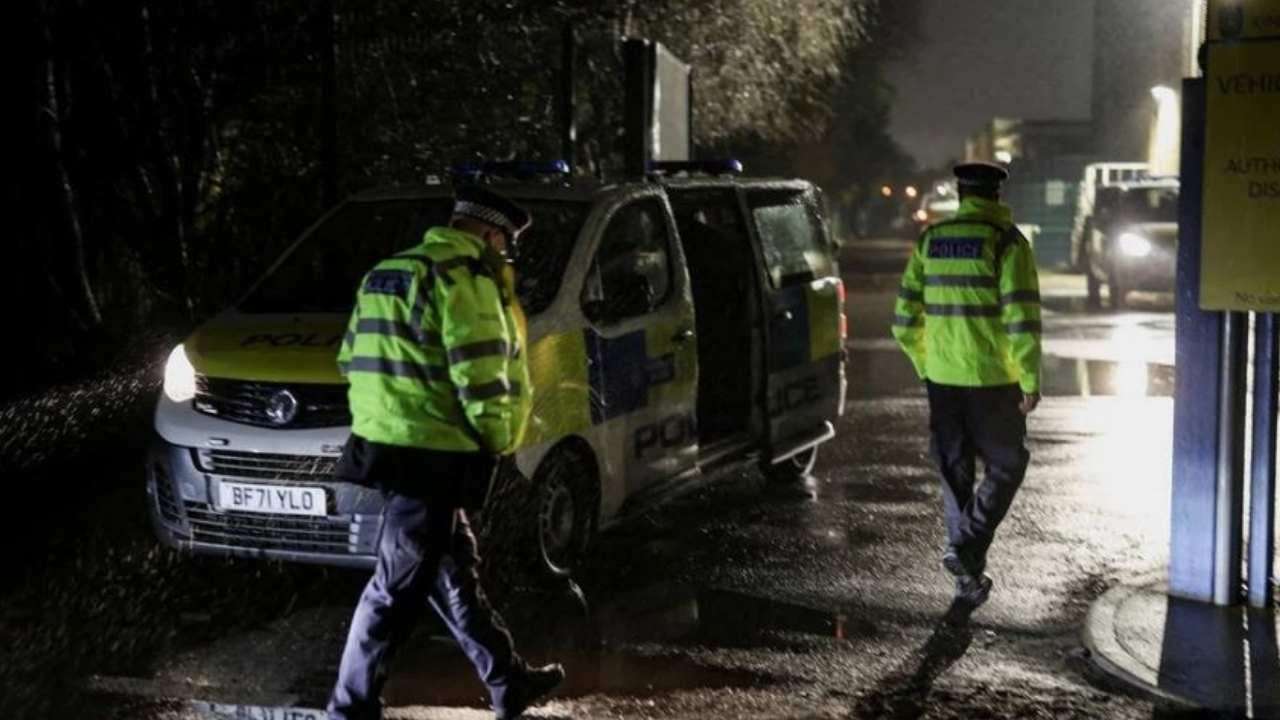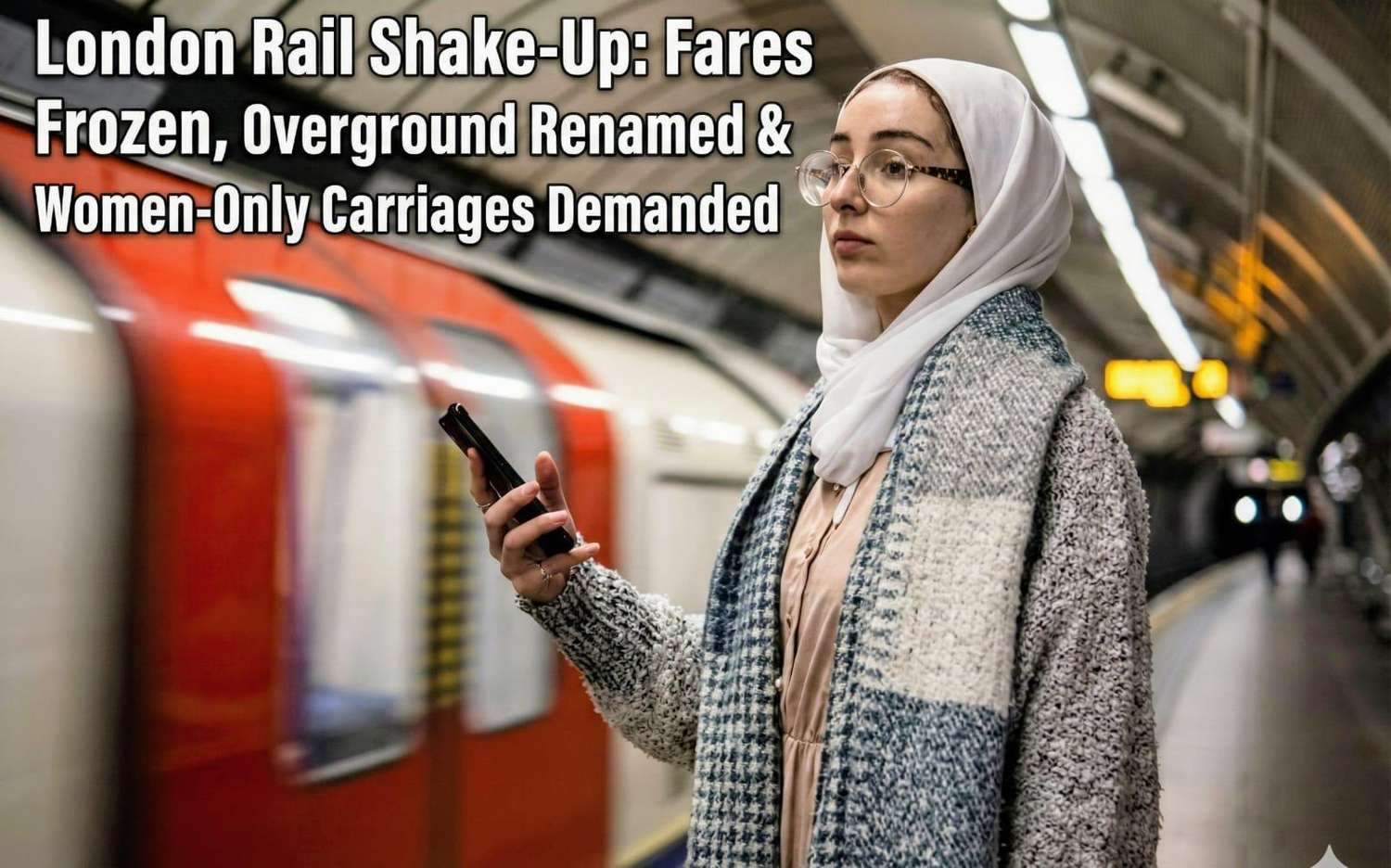A sweeping transformation of Britain’s railway network has been confirmed for the coming year, promising significant financial relief for commuters alongside a radical visual redesign of the capital’s map. However, these administrative victories come as Transport for London (TfL) faces mounting pressure to fundamentally alter how women travel across the city.
In a landmark move during the November Budget, Chancellor Rachel Reeves announced the first freeze on regulated rail fares in 30 years. The decision breaks a decades-long cycle of annual price hikes that have long outpaced inflation. Under the new measures, season tickets, peak returns for commuters, and off-peak returns between major cities will remain at their current prices next year.
The freeze is projected to deliver substantial savings for those traveling on the country's most expensive routes. According to Department for Transport figures, commuters holding annual season tickets from Brighton to London will save approximately £356, while those traveling from Swindon could see £664 stay in their pockets. Similar relief is expected for passengers from Colchester, Reading, and Bath, with savings ranging from £340 to £756 annually.
Transport Secretary Heidi Alexander described the move as essential for protecting "hard-earned cash," noting that the freeze serves as a cornerstone of the government's wider plan to renationalise the network under the new Great British Railways (GBR) body. The Railways Bill, currently moving through Parliament, aims to reintegrate track and train management, ending the fragmentation of the franchise era.
The Overground’s New Identity and Digital Expansion
Beyond the ticket office, the physical experience of traveling in London is undergoing its most significant change in years. TfL has commenced the rollout of distinct identities for the London Overground network, breaking the sprawling "orange web" into six separately named and coloured lines to improve navigation.
Passengers will now see the "Lioness" line running from Euston to Watford Junction in yellow, honoring the England women’s football team, while the "Suffragette" line from Gospel Oak to Barking Riverside adopts a green hue. The rebrand also introduces the Mildmay (blue), Windrush (red), Weaver (maroon), and Liberty (grey) lines, celebrating the capital's diverse history from the Windrush generation to its textile heritage.
Simultaneously, the "tap-in, tap-out" convenience familiar to Londoners is aggressively expanding beyond the M25. In a massive upgrade to regional connectivity, contactless pay-as-you-go technology is being activated at 53 additional stations across the South East. Crucially, this expansion now includes Stansted and Southend Airport stations, allowing travelers to move from the runway to the city center without queuing for paper tickets.
The Safety Crisis: Calls for Segregation Grow
While the government focuses on economic and logistical improvements, a growing movement is demanding urgent attention to physical safety. A petition calling for the introduction of women-only carriages on the Tube has surpassed 12,000 signatures, driven by what campaigners describe as an epidemic of harassment.
The campaign, launched by 21-year-old student Camille Brown, was sparked by her own experiences of harassment starting at age 13 while in school uniform. Brown argues that TfL's current approach is failing, citing that harassment is "not a rare occurrence" but a daily reality for many.
The demand mirrors systems already successful in Tokyo, where women-only cars are available during rush hours, and Mexico City, which segregated carriages over two decades ago. The call for action is supported by alarming data; reported sexual offences on the capital’s transport network rose by over 10% in the last year. Statistics from the first half of 2025 alone show 907 reported sexual offences on TfL services, up from 879 during the same period in 2024.
Despite the growing public outcry, transport chiefs remain resistant to segregation. Siwan Hayward, TfL's Director of Security, Policing and Enforcement, stated that while every passenger deserves safety, "isolating women is not the answer." TfL maintains that the solution lies in intelligence-led policing and making the network a "hostile place for offenders" rather than restricting the movement of victims.
As London moves into 2026, the transport network finds itself at a crossroads: cheaper and easier to navigate than before, yet facing a critical crisis of confidence regarding the safety of its female passengers.








.svg)



